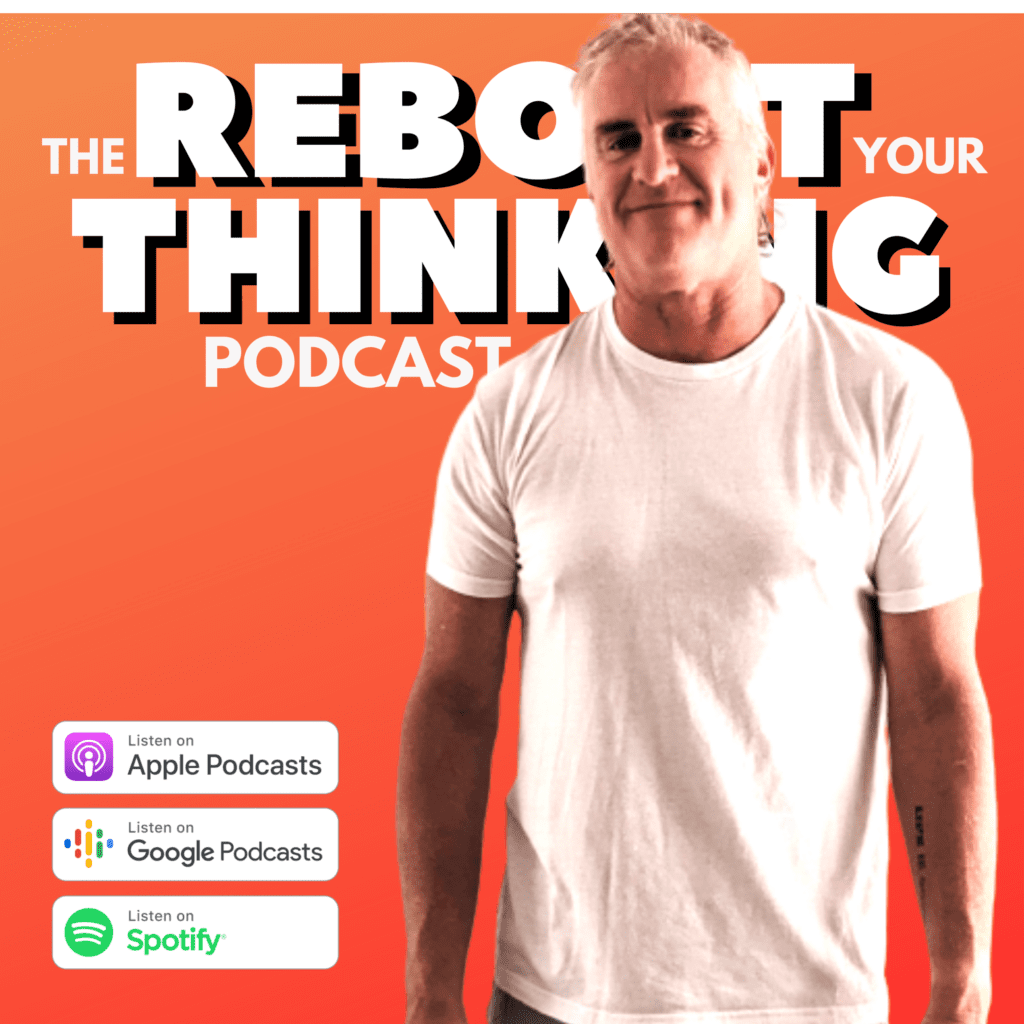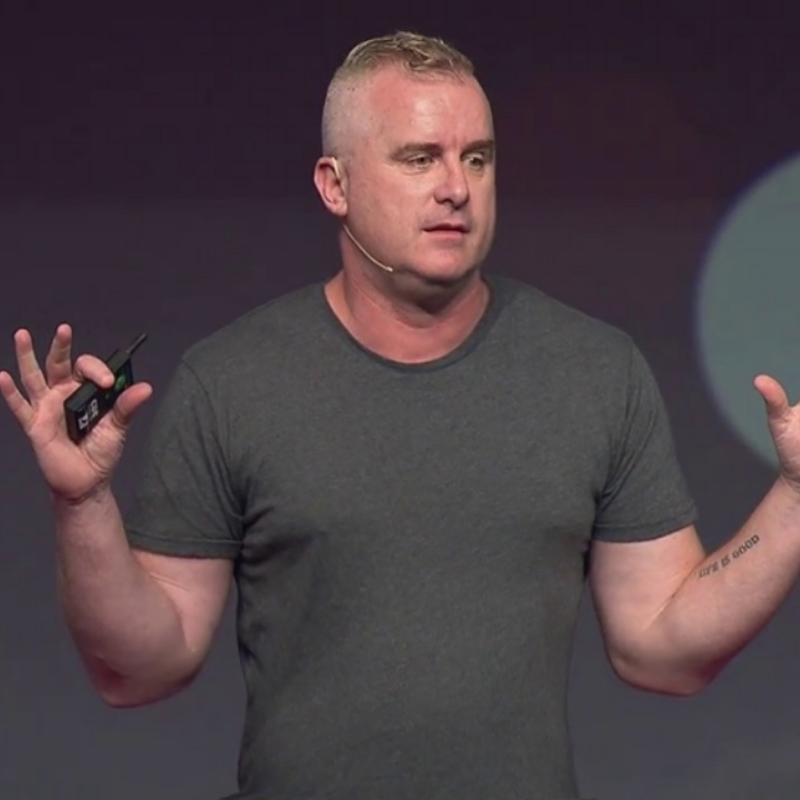As a therapist, I often work with clients who struggle with their relationship with food.
It’s definitely been something that I have struggled with in my life too.
Whether it’s overeating, binge-eating, or struggling with body image, many people find themselves feeling out of control around food.
One approach that I often recommend to clients is mindful eating.
In this post, I will explain what mindful eating is, why it is important, and how you can begin to practice it in your own life.
What is Mindful Eating?
Mindful eating is the practice of paying attention to your food in a non-judgmental way. It involves tuning in to your body’s hunger and fullness signals, savoring your food, and being present in the moment while you eat.
Mindful eating also involves becoming more aware of your thoughts and emotions around food. By noticing your triggers and cravings, you can learn to respond to them in a more constructive way.
Why is Mindful Eating Important?
There are many reasons why mindful eating is important. For one, it can help you to develop a more positive relationship with food. When you approach food mindfully, you are less likely to feel guilty or ashamed about what you eat.
Mindful eating can also help you to achieve a healthy weight. When you pay attention to your body’s hunger and fullness signals, you are less likely to overeat or undereat.
Finally, mindful eating can help you to enjoy your food more. By savoring your food and being present in the moment while you eat, you can experience more pleasure from your meals.
How to Practice Mindful Eating
Practicing mindful eating can take some time and effort, but it is a skill that can be learned. Here are some tips to get started:
Slow down:
Take the time to savor your food and enjoy the flavors and textures. Put down your fork between bites and chew slowly.
Pay attention to your body:
Tune in to your body’s hunger and fullness signals. Eat when you are hungry and stop when you are full.
Eliminate distractions:
Turn off the TV and put away your phone while you eat. Focus on your food and the experience of eating.
Notice your thoughts and emotions:
Become more aware of your triggers and cravings. Notice any negative self-talk or feelings of guilt or shame.
Practice self-compassion:
Treat yourself with kindness and understanding. Remember that developing a positive relationship with food takes time and effort.
Conclusion
Mindful eating can be a powerful tool in developing a more positive relationship with food.
By tuning in to your body’s hunger and fullness signals, savouring your food, and being present in the moment while you eat, you can enjoy your meals more and achieve a healthier weight.
If you are struggling with your relationship with food, consider working with a therapist who can help you to develop the skills and strategies you need to practice mindful eating in your own life.


















